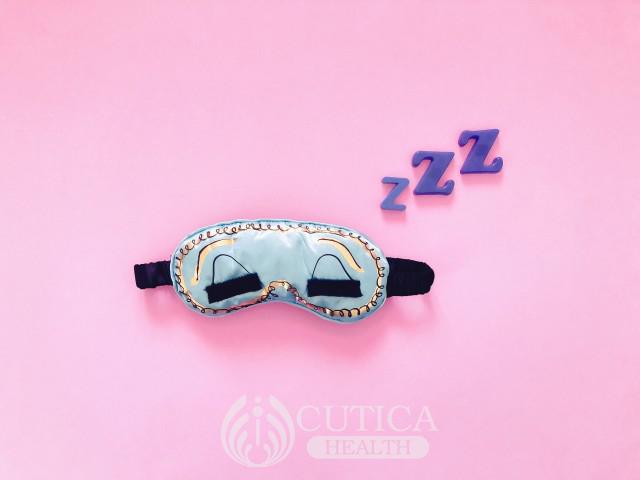
According to the Australian researchers, “The range of impairments across academic and psychosocial domains in middle childhood indicate that it is important to screen for sleep problems consistently over the course of a child’s development, especially to target children who experience persistent sleep problems over time.”
The researchers examined data from an Australian birth cohort involving more than 5,000 patients. Caregivers reported on whether their children had sleep problems at multiple points in time, from birth through 10 or 11 years of age. To assess child well-being, which included psychosocial measures like self-control and emotional/behavioral health and academic performance measures, the researchers used a combination of reports from caregivers and teachers as well as child-completed assessments.
Using those with no sleep problems as a benchmark, the researchers found that children with persistent sleep problems had the greatest impairments across all outcomes except in their perceptual reasoning skills.
The researchers note the possibility that for certain trajectories, the relationship could be bidirectional – that is, psychosocial issues like anxiety could lead to sleep issues, and vice versa, particularly in children who develop sleep problems later in childhood.
Read original article at- https://www.chop.edu/news/caregiver-reported-child-sleep-problems-associated-impaired-academic-and-psychosocial












